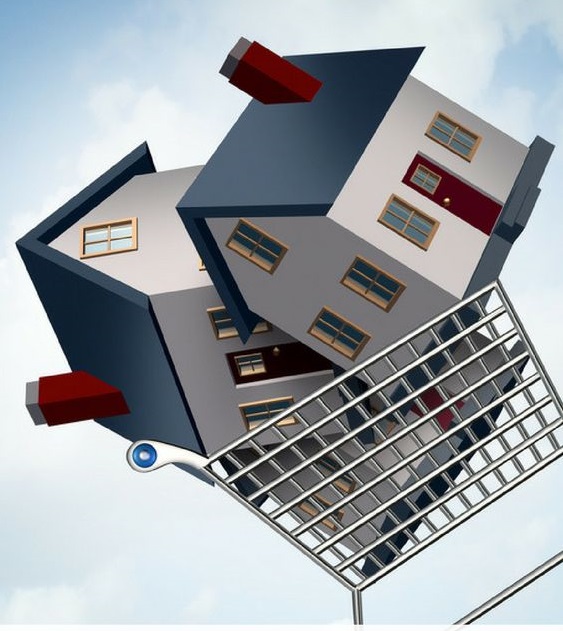Selling a house can be a significant financial decision, and accurately determining its value is crucial to ensure a fair and profitable transaction. In Vietnam’s real estate market, where property prices fluctuate, having an accurate estimation of your house’s value becomes even more important. Whether you are a homeowner looking to sell or a potential buyer wanting to make an informed decision, this guide will provide you with valuable insights on how to calculate the value of your house before selling it in Vietnam.

Like other types of real estate, there are many factors that affect apartment prices. We can see that there are projects with apartment prices at 35 million VND/m2 but many projects have double or even triple the price. This makes many investors confused in how to price apartments. Below is the standard and latest assessment!
Before diving into the calculation process, it is essential to understand the factors that influence the value of a house. Several key elements contribute to determining the worth of a property.

2. Location: The location of a house plays a significant role in its value. Factors such as proximity to amenities, schools, transportation, and desirable neighborhoods can impact the price significantly.
Example: A house located in a prime district of Hanoi center will generally have a higher value compared to a similar-sized property in a less sought-after location.
3. Size and Layout: The size of the house and its layout also affect its value. The number of bedrooms, bathrooms, living spaces, and overall square footage contribute to the pricing.
Example: A spacious house with multiple bedrooms and ample living areas will typically command a higher price than a smaller property with fewer rooms.

3. Condition and Age: The condition of the house and its age are vital considerations. A well-maintained property with modern amenities will have a higher value compared to one requiring significant repairs or renovations.
Example: A newly renovated house with updated interiors and modern appliances will likely attract more potential buyers and command a higher selling price.
4. Market Demand: The prevailing demand for houses in the specific area and current market conditions also impact the value. Supply and demand dynamics, economic factors, and market trends play a role in determining the worth of a property.
Example: During a seller’s market where demand exceeds supply, house prices tend to rise due to increased competition among buyers.
Now that we have an understanding of the factors influencing house value let’s move on to the actual process of calculating the value of your house before selling it in Vietnam.

2. Income Capitalization Approach
The Income Capitalization Approach is primarily used for valuing properties that generate rental income. It focuses on the potential income the property can generate and calculates its value based on that income stream.
To use the Income Capitalization Approach, follow these steps:
3. Alternatives to Self-Evaluation
If you find the process of calculating your house’s value overwhelming or if you seek a more accurate and professional assessment, consider the following alternatives:
– Hire a professional appraiser: Real estate appraisers have the expertise to determine the value of your house accurately. They consider various factors and use standardized methods to provide a comprehensive appraisal report.

– Consult with real estate agents: Alphahousing Local real estate agents possess in-depth knowledge of the market and can provide you with a comparative market analysis (CMA) based on their expertise and experience.
– Utilize online valuation tools: Several websites offer automated valuation models (AVMs) that provide instant estimates of property values. These tools use algorithms and data analytics to generate valuations based on available information.
While these alternatives may involve additional costs, they can provide you with a more precise and professional valuation of your house, which is especially beneficial when dealing with complex or high-value properties.
Remember to set the right price, improve curb appeal, stage the interior, market effectively, be responsive and flexible, negotiate wisely, and complete necessary paperwork. With careful planning and informed decision-making, you can navigate the selling process with confidence and maximize the value of your house in Vietnam.
It is recommended to periodically evaluate the value of your house, especially if you’re considering selling it in the future. Realestate markets can fluctuate, and factors such as neighborhood developments, market demand, and economic conditions can impact property values. Monitoring the value of your house every year or every few years can help you stay informed about its worth and make informed decisions regarding potential sales or refinancing